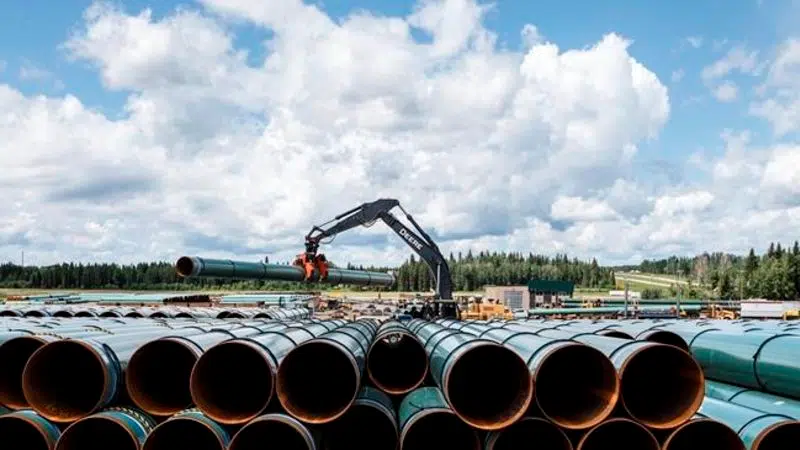
Trans Mountain pipeline expansion gets second green light from Ottawa
OTTAWA — Justin Trudeau gave Canada’s controversial Trans Mountain pipeline expansion a second lease on life Tuesday, framing the decision in starkly political terms that portrayed his Liberal government as best positioned to walk the narrow tightrope between economic development and environmental protection.
Trapped between the need to find new markets for Canadian oil and his own party’s branding as environmental stewards, the prime minister made his best case for a pipeline project — one the federal government now owns outright — that critics see as diametrically opposed to the core Liberal message of confronting the climate crisis.
“The truth is, it doesn’t make economic or environmental sense to sell any resource at a discount,” Trudeau told a news conference in Ottawa — a reference to the fact that Canadian energy doesn’t command a premium on the world market, since the neighbouring U.S. is by far its biggest customer.
“Instead, we should take advantage of what we have, and invest the profits in what comes next — building the clean energy future that is already at our doorstep. Fundamentally, this isn’t a choice between producing more conventional energy or less. It’s a choice about where we can sell it and how we get it there safely.”


